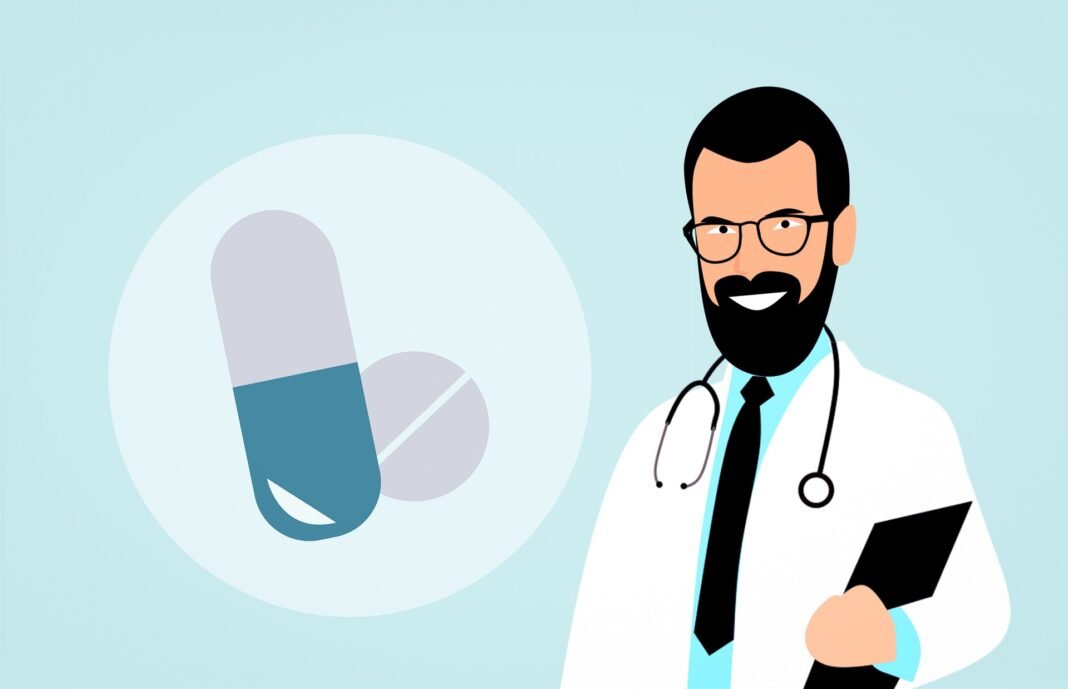The Role of Community Support in New Jersey’s Addiction Recovery
Addiction is a complex and multifaceted issue that affects individuals, families, and communities across New Jersey. While professional treatment options like rehab centers and counseling are essential for recovery, community support plays a crucial role in helping individuals navigate their journey to sobriety. This blog explores the various ways community support can enhance addiction recovery efforts in New Jersey, emphasizing its importance in fostering resilience, connection, and sustained recovery.
Finding Hope: Rehab Options in Kearny, NJ
Overview of Addiction in Kearny
Rehab kearny nj, NJ, like many communities across the nation, faces the challenges of addiction. With increasing rates of substance abuse, it’s crucial for residents to have access to effective rehabilitation options.
Understanding Addiction as a Community Issue
Addiction is not just a personal struggle; it is a community issue that impacts everyone. Families suffer from the consequences of substance abuse, friends feel helpless, and entire communities bear the weight of addiction-related challenges. In New Jersey, the opioid crisis and other substance abuse problems have reached alarming levels, making community involvement essential. Addressing addiction through a community lens encourages collective responsibility, reduces stigma, and promotes understanding, ultimately paving the way for effective recovery.
Building Supportive Networks
One of the most significant benefits of community support in addiction recovery is the creation of supportive networks. These networks consist of friends, family, peers, and community organizations that provide emotional, social, and practical support. For individuals in recovery, knowing that others are rooting for their success can be a powerful motivator.
Peer Support Groups
Peer support groups, such as Alcoholics Anonymous (AA) and Narcotics Anonymous (NA), have a long history of helping individuals recover from addiction. In New Jersey, these groups are widely accessible and provide a safe space for individuals to share their experiences, struggles, and triumphs. By connecting with others who have faced similar challenges, individuals in recovery can find solace and strength in shared experiences.
Family Support Programs
Family members play a critical role in an individual’s recovery journey. In New Jersey, various organizations offer support programs tailored to families affected by addiction. These programs educate families about the nature of addiction, teach effective communication skills, and provide coping strategies. When families are equipped with the right tools, they can create a nurturing environment that fosters recovery.
Local Resources and Organizations
New Jersey is home to numerous organizations dedicated to supporting individuals in recovery. These organizations offer a range of services, including counseling, housing assistance, job training, and life skills workshops. Community-based organizations often work in tandem with treatment facilities to provide a continuum of care, ensuring that individuals have access to the resources they need at every stage of their recovery.
Case Management Services
Case management services are invaluable for individuals in recovery. Helping them navigate the complexities of addiction treatment and support. Case managers in New Jersey often connect individuals with local resources, assist in developing recovery plans, and provide ongoing support as individuals transition from treatment to independent living. This holistic approach ensures that no one feels alone in their journey toward sobriety.
Advocacy and Awareness Campaigns
Community support also encompasses advocacy efforts aimed at raising awareness about addiction and reducing stigma. In New Jersey, various advocacy groups work tirelessly to promote understanding and compassion toward individuals struggling with addiction. These campaigns often involve educational workshops, public forums, and outreach programs that engage the community in conversations about addiction and recovery.
Creating Safe Spaces for Recovery
Another vital aspect of community support in addiction recovery is the creation of safe spaces where individuals can engage in healthy activities, build relationships, and develop new skills. Recreational programs, community centers, and sober living environments provide opportunities for individuals in recovery to connect with others while participating in positive, enriching experiences.
Sober Events and Activities
New Jersey hosts a variety of sober events and activities designed to foster community connections among individuals in recovery. From outdoor adventures to art and music workshops, these activities encourage individuals to explore new interests and build friendships in a drug-free environment. Such opportunities help individuals develop a sense of belonging and purpose, which is essential for long-term recovery.
Employment and Skills Development
Community support also extends to employment initiatives that help individuals in recovery reintegrate into the workforce. Programs that provide job training, resume building, and interview preparation can significantly impact an individual’s self-esteem and financial stability. When individuals feel empowered to contribute to their communities, they are more likely to maintain their sobriety.
Intensive Outpatient Program in New Jersey: A Path to Recovery
What is an Intensive Outpatient Program (IOP)?
An intensive outpatient program nj (IOP) is a structured treatment option designed for individuals struggling with substance use disorders or mental health issues. Unlike residential treatment, IOP allows participants to live at home while attending therapy sessions multiple times a week. This flexibility makes it an ideal choice for those who require support but cannot commit to a full-time inpatient program.
Conclusion: The Power of Community in Recovery
In New Jersey, the role of community support in addiction recovery cannot be overstated. By fostering connections, providing resources, and creating safe spaces for individuals in recovery, communities can significantly enhance the chances of successful outcomes. The collective effort of families, peers, organizations, and local advocates creates an environment where individuals can heal, grow, and thrive.
As New Jersey continues to grapple with the challenges of addiction, investing in community support systems will be crucial. Together, we can work towards a future where recovery is not just a personal journey but a shared mission, ensuring that no one has to face addiction alone.


